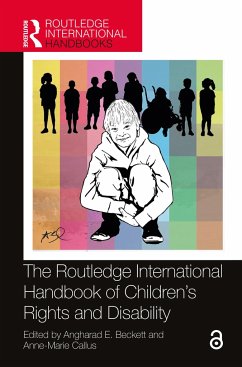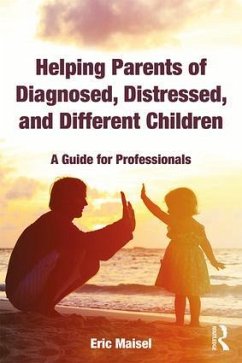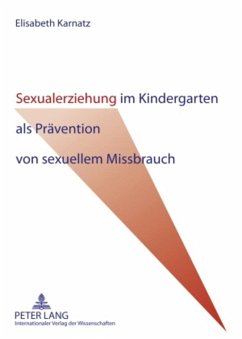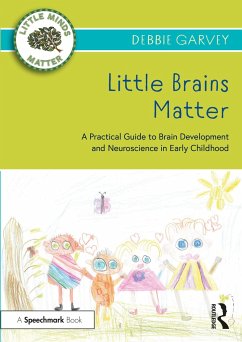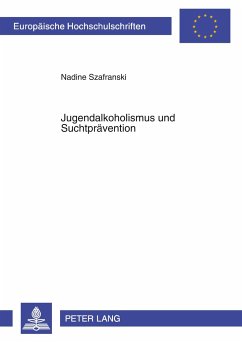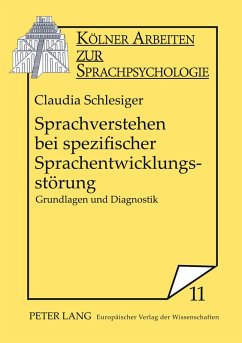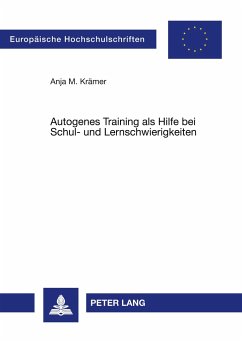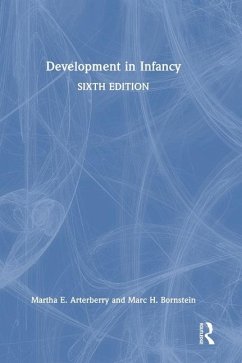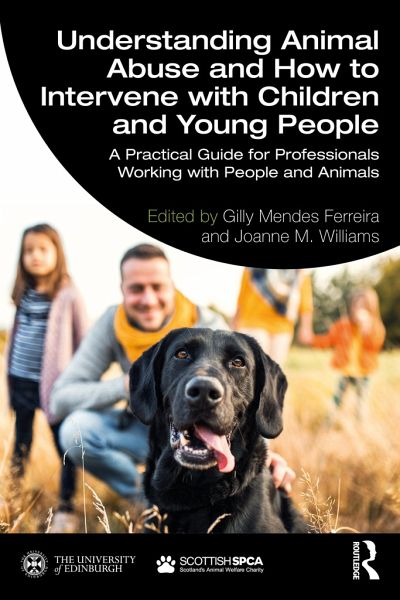
Understanding Animal Abuse and How to Intervene with Children and Young People
A Practical Guide for Professionals Working With People and Animals
Herausgegeben: Ferreira, Gilly; Williams, Joanne
Versandkostenfrei!
Versandfertig in 6-10 Tagen
29,99 €
inkl. MwSt.
Weitere Ausgaben:

PAYBACK Punkte
15 °P sammeln!
Understanding Animal Abuse and How to Intervene with Children and Young People offers a positive, compassion-based and trauma-informed approach to understanding and intervening in animal abuse. It provides an accessible cross-disciplinary synthesis of current international evidence on animal abuse and a toolkit for professionals working with people and/or animals to help them understand, prevent and intervene in cases of animal abuse.With contributions from experts in the field, this essential text offers ten user-friendly chapters with questions for reflection and key summary points. It offer...
Understanding Animal Abuse and How to Intervene with Children and Young People offers a positive, compassion-based and trauma-informed approach to understanding and intervening in animal abuse. It provides an accessible cross-disciplinary synthesis of current international evidence on animal abuse and a toolkit for professionals working with people and/or animals to help them understand, prevent and intervene in cases of animal abuse.
With contributions from experts in the field, this essential text offers ten user-friendly chapters with questions for reflection and key summary points. It offers a definition of animal abuse, synthesises the latest research on children, young people and animal abuse, explores the link between animal abuse and other forms of abuse and outlines legal perspectives on animal abuse. The second half of the book presents a practical toolkit for professionals, offering guidance and strategies for the prevention of and intervention in cases of animal abuse. It provides multidisciplinary perspectives on interventions; from teachers' and social workers roles in detection and intervention of childhood animal abuse, to the roles of enforcement agencies and veterinarians in legal cases of adult animal abuse.
Together with a final chapter proposing new directions for research, policy and practice, this guide is for all who work with children, young people and/or animals, including psychologists, social workers, veterinarians, education professionals and animal welfare educators. It is also a key reading for those involved in legal and policy issues relating to animal welfare.
With contributions from experts in the field, this essential text offers ten user-friendly chapters with questions for reflection and key summary points. It offers a definition of animal abuse, synthesises the latest research on children, young people and animal abuse, explores the link between animal abuse and other forms of abuse and outlines legal perspectives on animal abuse. The second half of the book presents a practical toolkit for professionals, offering guidance and strategies for the prevention of and intervention in cases of animal abuse. It provides multidisciplinary perspectives on interventions; from teachers' and social workers roles in detection and intervention of childhood animal abuse, to the roles of enforcement agencies and veterinarians in legal cases of adult animal abuse.
Together with a final chapter proposing new directions for research, policy and practice, this guide is for all who work with children, young people and/or animals, including psychologists, social workers, veterinarians, education professionals and animal welfare educators. It is also a key reading for those involved in legal and policy issues relating to animal welfare.





